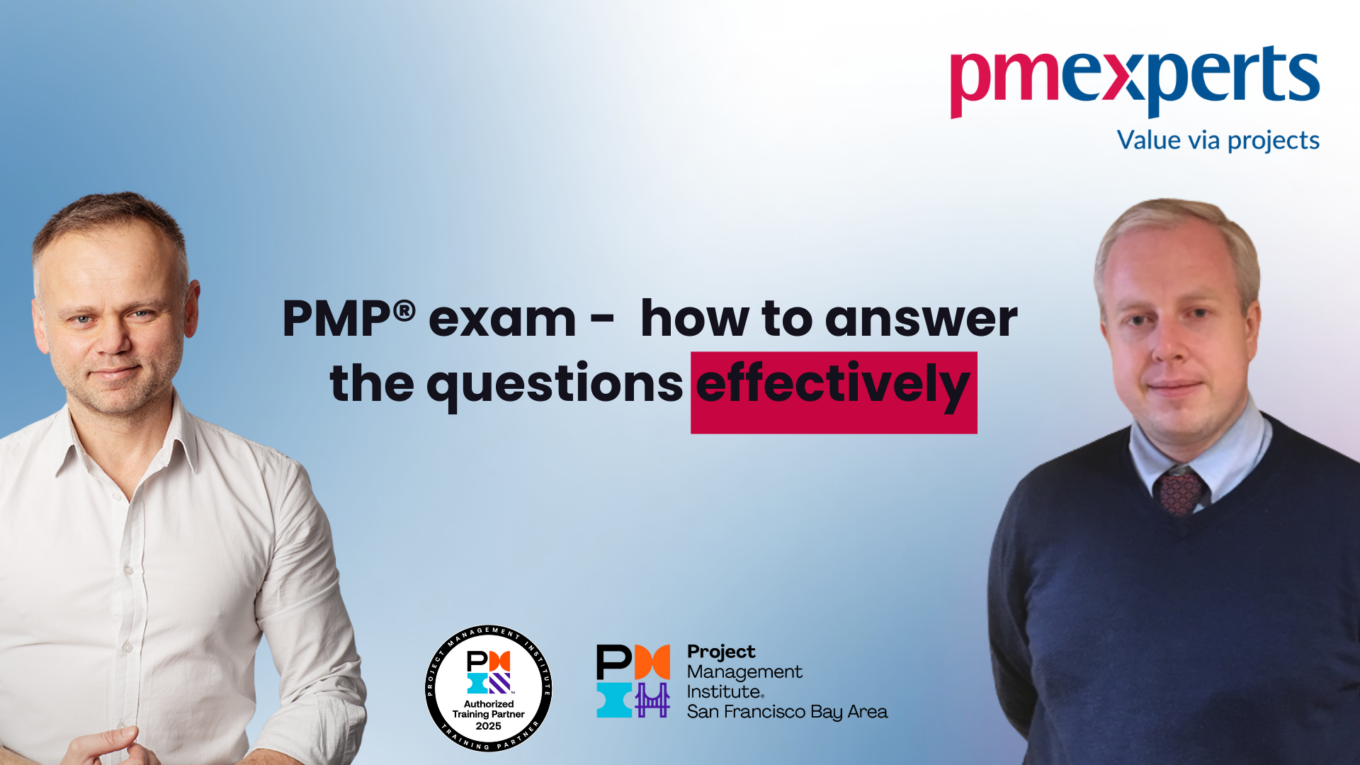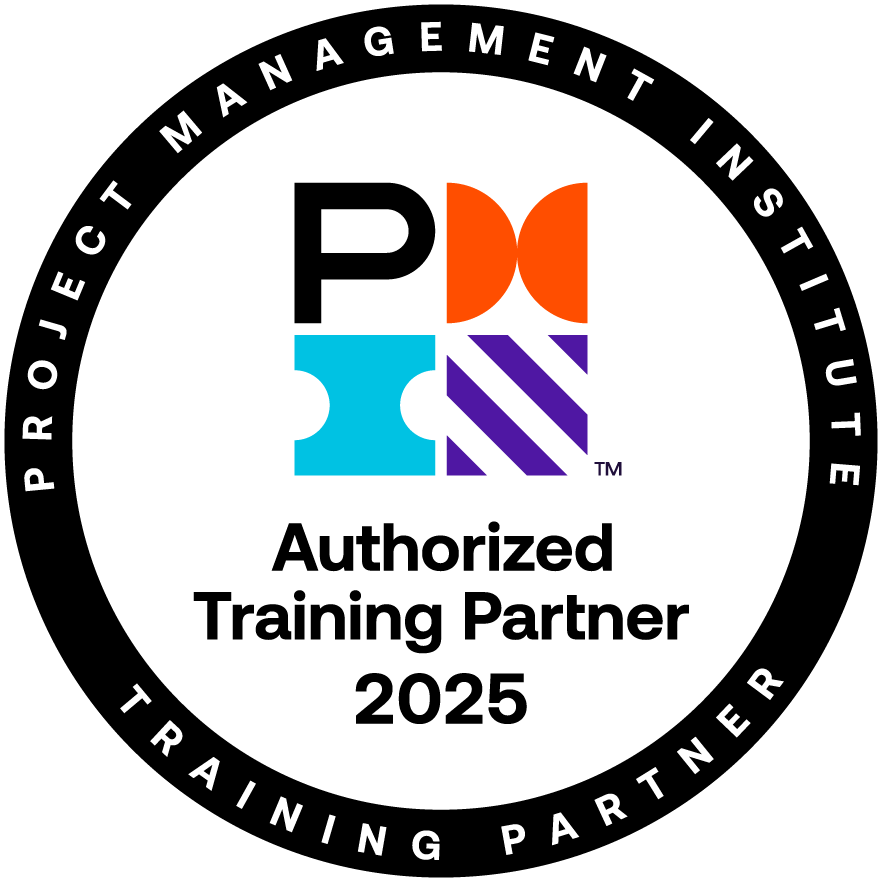The implementation of AI offers project managers new opportunities to access knowledge and data swiftly, enabling more informed decision-making. However, it’s unlikely that AI will fully replace us anytime soon when it comes to the optimal application of this knowledge.
For over a decade, I have been conducting training sessions in the field of project management. During this time, I’ve had the chance to work with hundreds of individuals from various industries, with diverse experiences and varying levels of knowledge and education. When asked about their motivation for joining the training, most participants were primarily focused on increasing their knowledge. Their first goal was to apply the new information to improve project management efficiency, and secondly, to obtain certifications that validate this higher level of expertise, helping them stand out in a competitive job market.
Increase in the scope of project management knowledge
As project management experts closely collaborating with PMI®, we have observed a steady increase in the amount of knowledge required from professional project managers (PMP®) over the years. The scope of knowledge areas has expanded, and with each new edition of the PMBOK®Guide, the content has become more comprehensive and challenging to absorb. The PMP® exam has also evolved, increasingly testing not only the understanding of knowledge but also its accurate interpretation and application.
One of the key messages I emphasize to participants of our training programs, including the foundational course, “Effective Project Management,” is that knowledge alone is not enough. The key to success in project management lies in the ability to apply that knowledge effectively. Project management is a highly pragmatic discipline. Merely possessing theoretical knowledge does not automatically make us effective project managers.
Putting knowledge into practice
Throughout my career, I have encountered many individuals with an impressive understanding of project management theories and methodologies. Unfortunately, I have also witnessed their struggle when it comes to putting that knowledge into practice. On the other hand, I’ve worked with exceptionally effective project managers whose knowledge wasn’t perfect but was sufficiently solid to manage project dynamics and successfully achieve project goals.
This is why I approach the application of Artificial Intelligence in project management with great enthusiasm and high expectations. AI is a valuable tool that offers project managers instant access to critical knowledge. However, the responsibility for effectively applying that knowledge still rests on us. Ultimately, it is up to us to translate knowledge into practice and make optimal decisions, as we work together to achieve project objectives in the very real, non-artificial world.
Article was written by
Senior Expert, CEO









